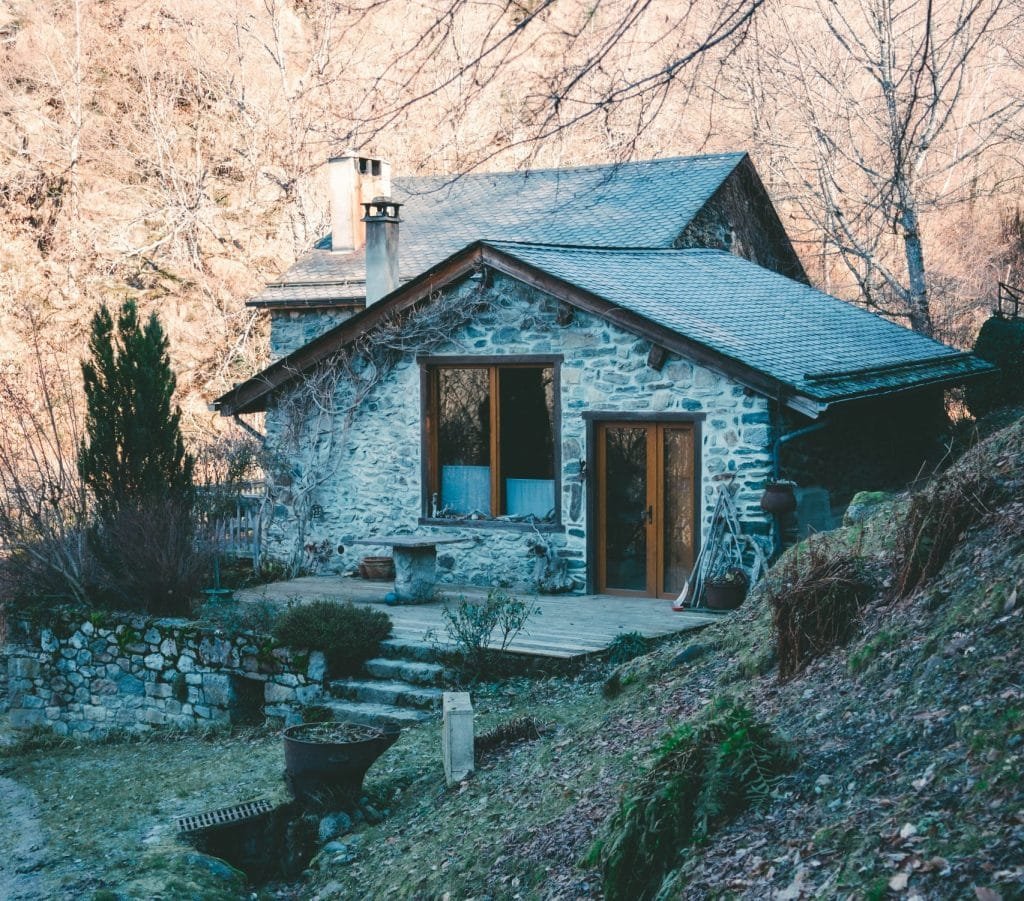As technology and urbanisation continue to dominate the world, a countercultural off-grid movement is gaining momentum. This movement promotes self-sufficiency, sustainability, and a reconnection with nature. Off-grid living pulls away from traditional utility systems and embraces a seamless integration with natural resources. Keep reading to discover more about the reality of life off-grid, uncovering its highlights and addressing the challenges it presents.
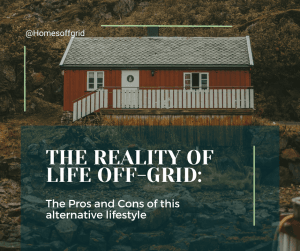
The Pros of Life Off-Grid
Self-Sufficiency and Independence: Off-grid living empowers individuals to take control of their lives. Generating energy through solar panels, transitioning towards more sustainable consumption, and cultivating food creates a profound sense of independence. This self-reliance fosters empowerment, enabling homeowners to shape their lifestyle on their terms.
Educational Opportunities for All Ages: Off-grid living provides a unique educational environment. Children and adults alike learn practical skills – such as sustainable energy management, organic farming, and DIY solutions – that extend beyond textbooks, providing a holistic and practical approach to learning.
Cultural Preservation and Heritage: For many, off-grid living becomes a means to preserve cultural heritage. Embracing traditional practices, passed down through generations, helps retain unique cultural identities. This lifestyle celebrates diversity and fosters appreciation for heritage.
Enhanced Community Engagement: Living off-grid often encourages stronger community ties. Collaborative efforts among residents for shared resources, communal projects like gardening or alternative energy initiatives, and a shared commitment to sustainability create a sense of unity and cooperation.
Enhanced Personal Freedom and Flexibility: Off-grid living offers unparalleled personal freedom. Without the restrictions of conventional living, individuals can customise their living spaces, routines, and lifestyle choices without adhering to society’s expectations. This freedom allows for a more flexible and authentic way of life.

Reduced Consumption and Minimalism: Living off-grid naturally encourages a minimalist lifestyle. The limited resources prompt homeowners to prioritise necessities over excess, leading to reduced consumption habits. This shift towards minimalism cultivates mindfulness and appreciation for essentials.
Financial Freedom: The allure of off-grid living extends to the financial benefits. While the initial investment in off-grid infrastructure might appear substantial, the long-term gains in the form of reduced utility bills, lower living costs, and fewer financial dependencies are often well worth the upfront expenditure.
Connection to Nature: Escaping the clutches of urban sprawl, off-grid living fosters an intimate connection with nature. Peaceful natural surroundings become the daily backdrop. Witness the changing of the seasons, observe diverse wildlife, and enjoy relaxing to the soothing sounds of the wilderness. This alternative lifestyle offers an unmatched sense of happiness.
Environmental Stewardship: Living off-grid is an act of environmental stewardship. By tapping into renewable energy sources like solar, wind, and hydropower, off-grid homeowners are actively contributing to a greener planet. This lifestyle prioritises conscious consumption and inspires a more sustainable relationship with the environment.
Resilience and Preparedness: Off-grid living equips individuals with valuable life skills. Navigating challenges like power outages or supply disruptions becomes second nature while learning to preserve food, troubleshoot technical hiccups, and create innovative solutions. This enhanced resilience prepares homeowners for the unpredictable and encourages adaptability.
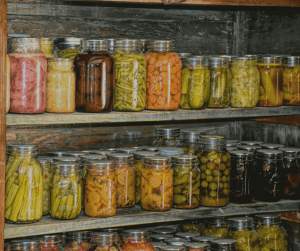
The Cons of Off-Grid Living
Initial Costs: Transitioning to off-grid living can be financially demanding. If you don’t already have an off-grid home then this is the first purchase, and whether it’s a plot of land, a boat or a home on wheels it is likely to be the biggest expense. The purchase and installation of solar panels, batteries, water systems, and other infrastructure components can mean significant upfront costs that could be a deterrent for some individuals.
Technological Learning Curve: Embracing off-grid living requires acquiring new technical skills. Off-grid homeowners will need to learn about energy management, water purification, waste disposal, and overall system maintenance. The learning curve can be steep and time-consuming, especially for those unaccustomed to handling such systems.
Weather Dependencies: Off-grid systems, particularly those reliant on solar and wind energy, are subject to changing weather conditions. Extended cloudy periods or calm winds can impact energy generation, leading to potential inconveniences and necessitating backup plans and alternative systems.
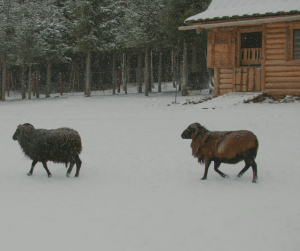
Limited Access to Amenities: Off-grid living often translates to limited access to modern amenities. High-speed internet, consistent mobile phone reception, and convenient shopping may become a luxury. This transition can be challenging, particularly for individuals accustomed to these conveniences. Forward planning is an important part of the off-grid lifestyle to ensure efficiency and success.
Maintenance and Upkeep: Off-grid systems demand continuous maintenance and periodic upgrades. This usually requires both time and effort, potentially needing specialised skills or professional assistance, which can be a strain on resources and schedules.
Social Isolation: The secluded life that comes naturally with off-grid living can lead to social isolation. Interaction with neighbours and community members might be minimal, especially in remote settings. Individuals who thrive on social interactions may find this aspect challenging to adapt to. It is important to make time for socialising, either remotely or in person, if loneliness is a concern.
Regulatory Hurdles: Navigating legal and regulatory requirements can pose challenges for those looking to go off-grid. Zoning restrictions, planning permissions, and permits may vary, potentially complicating the establishment or expansion of off-grid residences. This is also true with those living on the water or on the road with licensing and stopover restrictions.

Health and Medical Considerations: In off-grid settings, access to medical facilities might be limited. Individuals with specific health conditions or medical needs should carefully assess their readiness to address potential emergencies.
In Conclusion: A Balanced Choice
The reality of life off-grid is that it can be massively rewarding, but it is not for the faint-hearted. The allure of off-grid living lies in its promise of self-sufficiency, environmental consciousness, and a deep connection with nature. The benefits, ranging from personal growth and financial freedom to minimised ecological footprints, are undeniable. However, prospective off-grid enthusiasts must also deal with the financial commitments, technological learning curves, and potential social isolation that this lifestyle entails.
Ultimately, off-grid living isn’t a one-size-fits-all solution. It is a deliberate choice that demands careful consideration of personal values, priorities, and circumstances. The journey towards self-reliance and sustainability is a rewarding one, requiring a blend of determination, adaptability, and a profound respect for the delicate balance between people and planet.
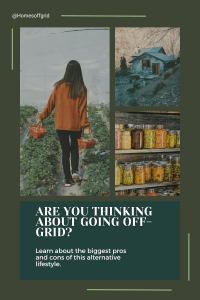
Learn more about off-grid living in the Reading Room.


